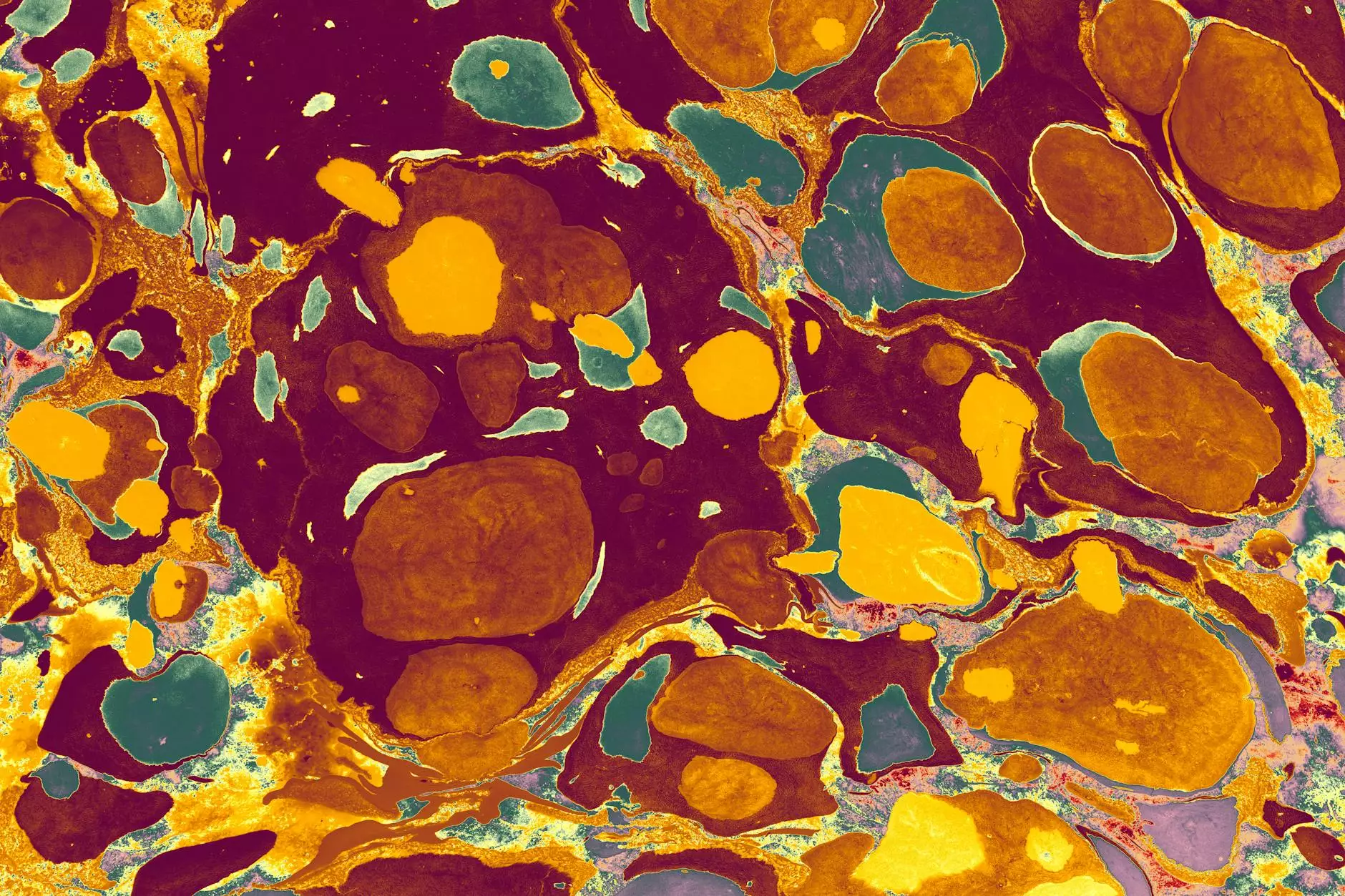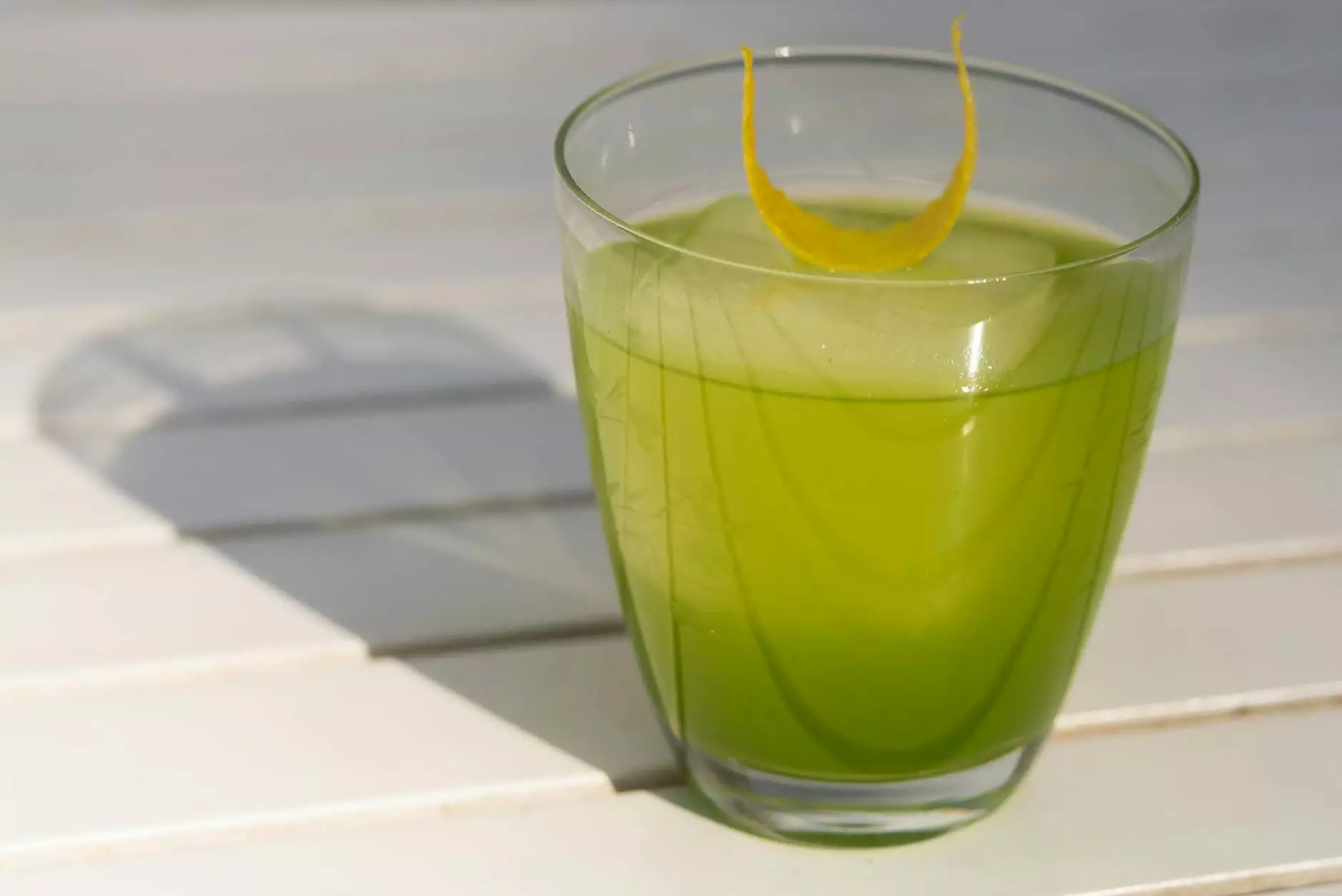DMT Plants for Sale: Unlocking the Mysteries of Nature's Psychedelics

The world of psychedelics is an increasingly popular topic of discussion and exploration. Among various naturally occurring psychedelics, Dimethyltryptamine (DMT) holds a significant position due to its powerful hallucinogenic properties and its deep-rooted history in human culture. As more people become curious about alternative therapies, the interest in dmt plants for sale has surged, signaling a transformative shift in how we perceive psychedelics.
Understanding DMT and Its Natural Sources
DMT is a naturally occurring psychedelic compound found in several plant species and even in the human body. Historically, DMT has been used in various indigenous cultures, particularly in shamanic rituals, where it is often ingested in the form of ayahuasca—a brew made from the DMT-containing plants combined with an MAOI (monoamine oxidase inhibitor) to enhance its effects.
Common Plants Containing DMT
- Psychotria viridis: Commonly known as Chacruna, this plant is one of the primary ingredients in ayahuasca.
- Banisteriopsis caapi: This vine is crucial in ayahuasca preparation as it contains MAOIs that allow DMT's effects to be fully realized.
- Mimosa hostilis: Known for its root bark, this plant is a popular source of DMT among enthusiasts.
- Desmodium gangeticum: This lesser-known plant also contains DMT and is used for various medicinal purposes.
- Acacia species: Several species of Acacia trees have been identified to contain DMT, making them valuable for exploration.
The Growing Market for DMT Plants
With a burgeoning interest in psychedelics for therapeutic purposes, the market for dmt plants for sale has grown immensely. Individuals seeking spiritual enlightenment, psychological healing, or simply a deeper understanding of consciousness are now looking for ways to access these potent natural resources.
Where to Buy DMT Plants
The availability of DMT plants varies by region and legality. Here are some options for acquiring these plants:
- Herbal Shops: Many herbalist shops now stock DMT-containing plants, catering to the growing demand for natural psychedelics.
- Online Vendors: Websites specializing in psychedelics often list dmt plants for sale, providing a wide selection to choose from.
- Community and Forums: Engaging with online communities gives insights into reliable sources for obtaining these plants.
Legal Considerations
The legal status of DMT and its source plants varies significantly across different jurisdictions. Therefore, it's essential to do thorough research on local laws before purchasing or cultivating these plants. In many countries, DMT is classified as a controlled substance, while others may allow the sale of the plants themselves.
Responsible Usage and Ethical Procurement
As a growing number of people engage with psychedelic substances, it becomes increasingly important to approach their acquisition and use responsibly. Here are some ethical considerations:
- Source Ethically: Support vendors that cultivate plants ethically and sustainably.
- Research Holistically: Understand the traditional uses of plants and respect indigenous knowledge and practices.
- Acknowledge Risk: Be aware of the potential psychological impacts and approach your experience with caution and preparation.
The Benefits of DMT and Its Plants
Many individuals who have experienced DMT report profound insights and transformative experiences. Scientific research is beginning to catch up with anecdotal evidence, suggesting several potential benefits:
Therapeutic Potential
Research indicates that psychedelics, including DMT, may aid in treating conditions such as depression, PTSD, and addiction. The ability to confront deep-seated issues through altered states of consciousness offers a unique path to healing.
Spiritual Exploration
Moreover, DMT is known for inducing deep spiritual experiences, giving users glimpses into other dimensions and fostering feelings of interconnectedness with the universe. This spiritual quest attracts many to seek out dmt plants for sale.
Cultivation of DMT Plants
If you are interested in cultivating your DMT plants, it's crucial to understand the growing conditions required for each species. Below are some tips for successful cultivation:
Choosing the Right Environment
Most DMT plants thrive in warm, humid environments with adequate sunlight. Consider the following:
- Temperature: Most plants prefer temperatures between 70°F and 85°F.
- Humidity: Maintaining a humidity level of 50%–70% is often beneficial.
- Soil Type: Good drainage is vital, so consider a well-aerated soil mix.
Propagation Techniques
Different methods can be used to propagate DMT plants, including:
- Seeds: Many DMT plants can be grown from seeds, which generally require soaking before planting.
- Cuttings: Taking cuttings from established plants can ensure successful growth.
Conclusion: The Future of DMT Plants in Modern Society
With the increasing interest in psychedelics for therapeutic and spiritual purposes, the future looks bright for DMT and its associated plants. As more research is conducted and societal attitudes shift, we may witness a broader acceptance and understanding of these unique natural substances.
As you explore the possibilities surrounding DMT, whether through purchase or cultivation, approach the journey with respect and awareness. The plants we discuss are not mere commodities but hold deep cultural significance and potential therapeutic benefits. With increasing awareness and the right intentions, the path to understanding psychedelics can lead to profound transformation and healing.
Final Tips for Interest in DMT Plants
As the fascination with dmt plants for sale continues to grow, keep the following final tips in mind:
- Continue Learning: Stay informed about the latest research and community discussions on psychedelics.
- Engage with Experts: Consider connecting with experienced practitioners or researchers to deepen your understanding.
- Participate Mindfully: If you choose to engage in psychedelic experiences, prioritize your mental and physical well-being.
Visit psychedelicplantextracts.com for more information and resources about exploring the world of DMT and other plant-based psychedelics.









